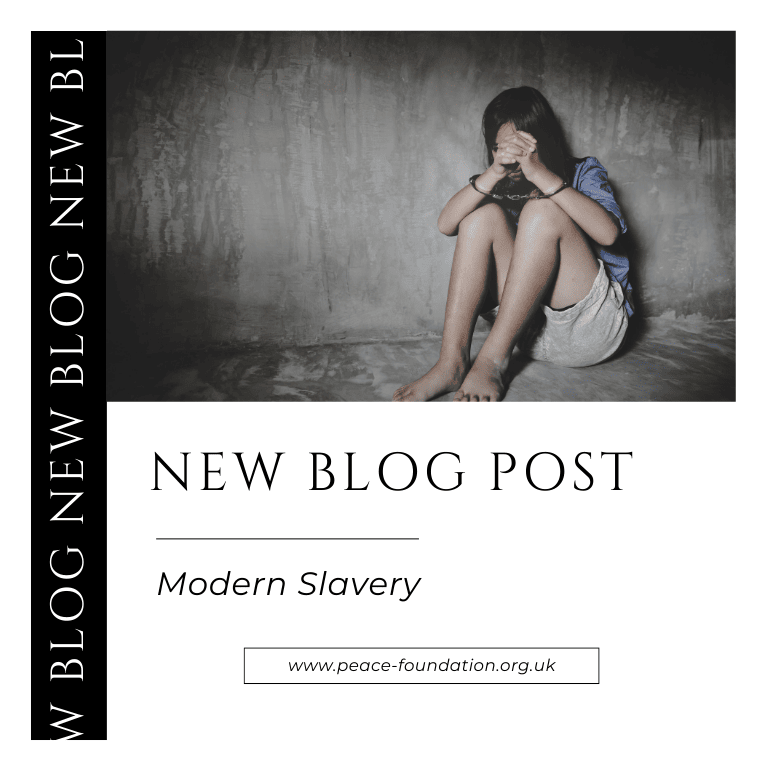
In a UN report, there are currently over 50 million people living and trapped in modern-day slavery. So, what is Modern Day Slavery?
Modern Day Slavery is closer than you think and is present in every part of the UK and costs the UK over £33 billion per year. It exists in many forms in the UK here are just some of the most common:
- Human Trafficking – using violence, threat, and coercion to transport and recruit people into forced prostitution, labour, criminality, marriage, or organ removal.
- Forced Labour – people forced against their will to work under the threat of punishment.
- Debt Bondage – people forced to work to pay off a debt.
- Descent–Based Slavery – people born into slavery.
- Child Slavery – children exploited for someone else’s gain, including child trafficking, child marriage, child soldiers or child domestic slavery.
- Forced and Early Marriage – someone is married against their will and cannot leave. Most child marriages can be considered slavery.
- Domestic Servitude – domestic work in someone’s home and being vulnerable to abuse, exploitation, and slavery, as well as being hidden from sight with no legal protection.
Modern Slavery is a serious crime that violates human rights. Victims are forced, threatened, or deceived into situations of control which undermine their personal identity. Thousands of people across the UK are being held in squalour and undertaking forced labour. Some may be fleeing war zones; others have financial problems. Their life descends into fear, debt, and dangerous and degrading work. In some cases, victims are threatened and can suffer extreme violence as criminals exert control.
As the number of victims in the UK is rising, it’s vital that we educate potential victims about the risks and how to avoid becoming a victim, and what to do if they are being exploited.
To report a crime, always call 999 or to report a non-urgent crime anonymously to Crimestoppers call 0800 555 111.
Prevention and intervention
Schools and Education
At the Tim Parry Johnathan Ball Foundation, we work with schools, colleges, and universities to help raise awareness of modern-day slavery. This can be done through school assemblies, class discussions, small group work, or on a 1-2-1 basis with specific students.
Non-Formal Education:
The Foundation focuses on non-formal prevention education, equipping individuals with critical thinking, emotional awareness, and conflict management skills. By addressing the frustrations and social isolation, this approach promotes empathy, respect for others, and healthy communication, challenging the distorted beliefs and negative attitudes propagated within communities.
Community Cohesion:
The Foundation fosters understanding, connection, and social bonds, challenging the isolation and alienation experienced; promoting inclusivity, and creating alternative support networks.
Promoting Positive Development:
In our work, we look to explore and expose the underlying factors contributing to social exclusion, such as inequality, limited education, and employment opportunities. We advocate for conditions that foster inclusivity and equal opportunities for all, in our schools, youth groups, workplaces, and communities.
By addressing root causes, promoting empathy, and fostering positive development, the Foundation actively works toward a more inclusive and peaceful society. Recognising the seriousness of violence in criminal activity and collaborating with various stakeholders, the Foundation plays a vital role in preventing, resolving, and responding to incidents of violence. Together, we can challenge the threat, ensure safety, and foster a society that values the rights and dignity of every individual.
To learn more about Tim Parry Johnathan Ball Foundation and how you can get involved, please visit our website at www.peace-foundation.org.uk or contact us at info@peace-foundation.org.uk or call 01925 581231.

